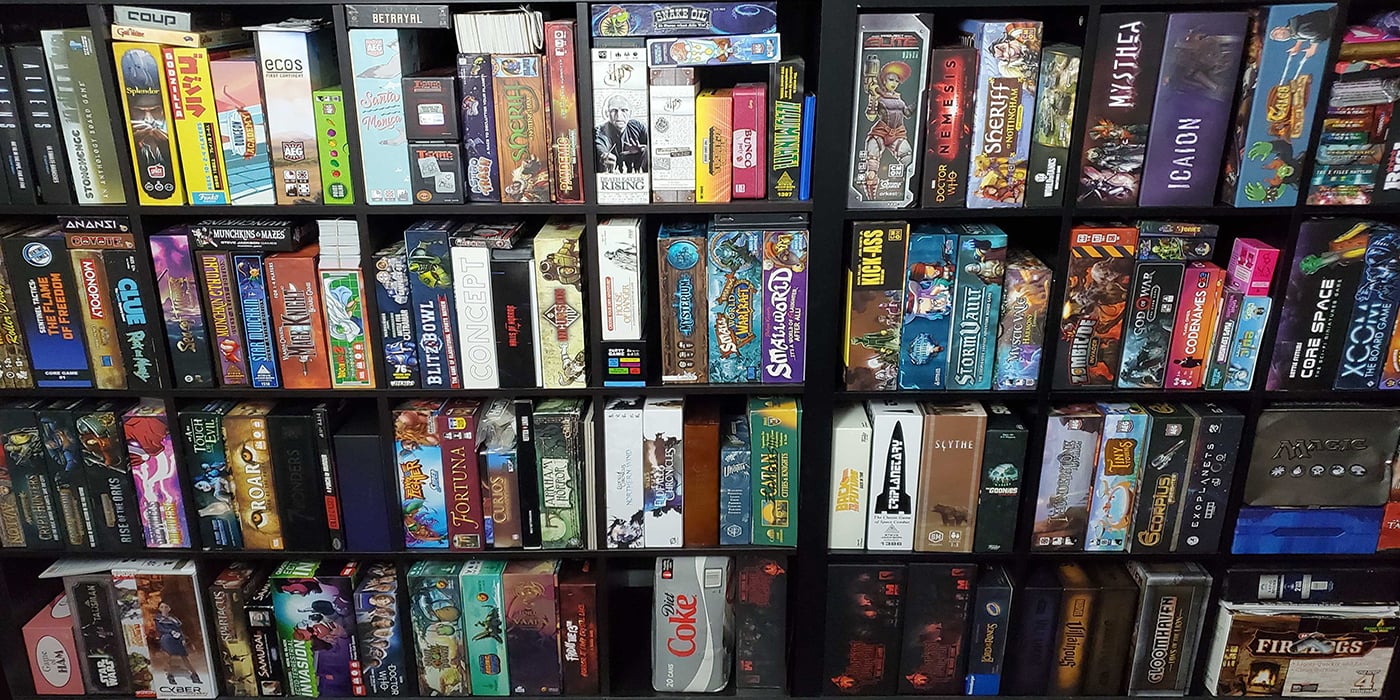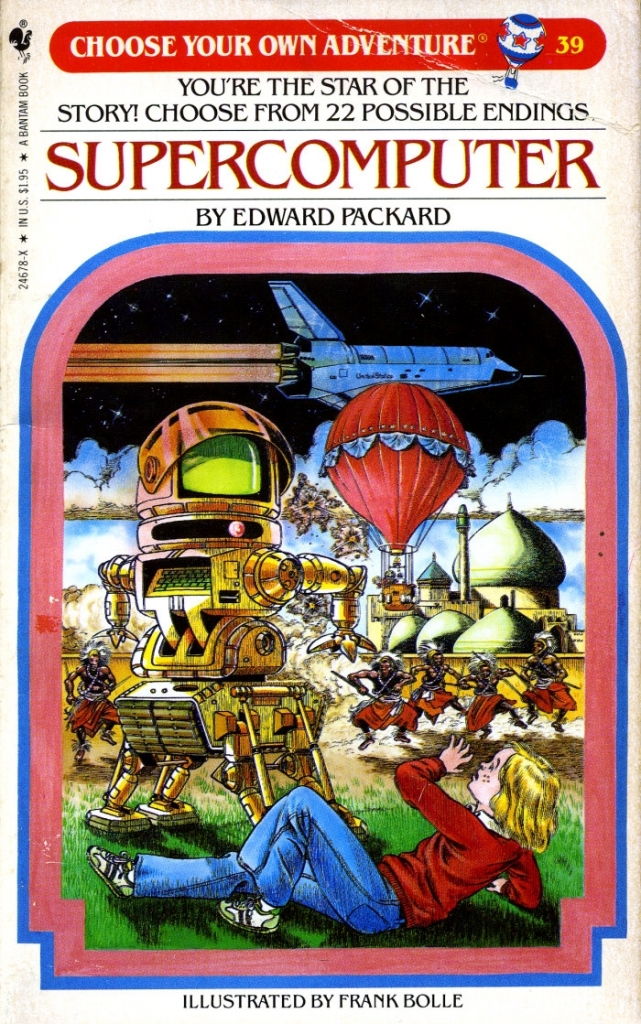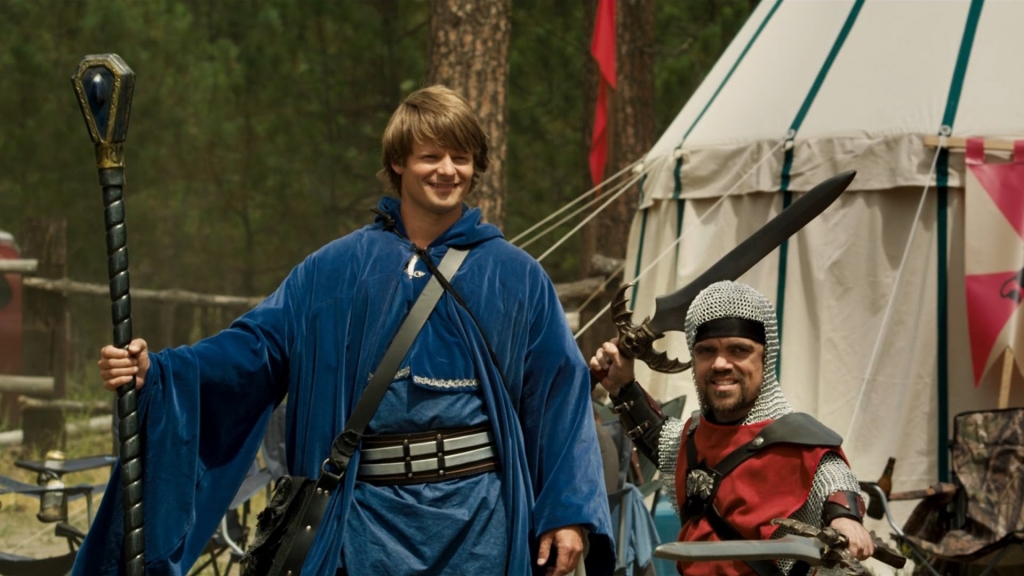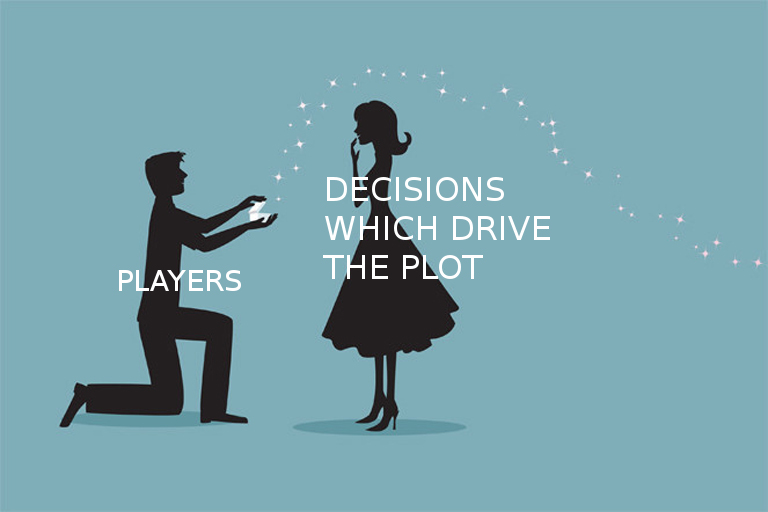The Rise of Legacy Games

For a long time, board games were a one-and-done experience. In recent years, legacy games have started becoming more popular. Today we examine why.
It used to be that a game night consisted of gathering some friends, sitting down with snacks and drinks and entertaining yourselves for a few hours. When the game was done, you’d pack it away, say your goodbyes and that was the end of the night. But now, soon as the game night is over, you’ve got to start planning your next session to complete the next chapter. This is the way of legacy games.
If you’re unfamiliar with the term, it describes a game mechanic where the game itself permanently changes throughout the game, often driven by player decisions or action. More often than not, Legacy games are meant to be played several times over, using the player driven changes to build a story that the players follow. Like a Choose-Your-Own-Adventure in board game form.
 If you’d rather be playing Gloomhaven, turn to page 35.
If you’d rather be playing Gloomhaven, turn to page 35.
Even though Risk Legacy did it first, games like Pandemic Legacy started a revolution in tabletop gaming in recent years. Now, games have multiple chapters that must be played through and can take hours or days to fully complete. What makes this format so appealing to tabletop gamers?
Dynamic Gaming Experience
Probably the easiest thing to point to is how differently Legacy games play. They’re new, exciting and different! Not much else to say on that.
Consequences
The reason I personally love legacy games is because it gives the games weight. What I mean by that is that the games matter. You have a direct control over the game and you’re driving the story.

Playing a quick 5 minute game of Love Letter or Coup is great fun, but I’m never invested in the game. I don’t care if I win or lose. A game like Arkham Horror can take hours to complete and I’ll certainly become more invested in winning or losing. But legacy games are different, where how I go about winning matters. Rather than doing anything I can to win, I have to take the time to consider the consequences of my actions.
A lot of people play games to roleplay, whether they realize it or not.
 I put on my robe and wizard hat.
I put on my robe and wizard hat.
They want to escape their day-to-day life and become an adventurer or explorer or hero. Legacy games really drive that option forward and allow the player to assume that role and really put the heroism directly into the player’s hands.
Time Invested Amounts to Something
Jumping off of that point, legacy games give the player a real sense of victory once the game completed. Legacy games are often very difficult because the designers want the players to feel like they truly accomplished something.
It’s easy enough to spend an hour or two playing a game like Pandemic to achieve victory then immediately forget about it. But with Pandemic Legacy, you spent hours and hours working towards victory. You had to trudge through unethical decisions, Machiavellian conflicts and sacrificial martyrdom to get there. When a game takes time, the victory is all the sweeter.
 That sweet, sweet, sweet victory
That sweet, sweet, sweet victory
Story Driven Narratives
Jumping of off that point, it’s the decisions that keep the players engaged.
 Something like this
Something like this
Some games take a very long time to complete only because they are far too complex for their own good or they don’t allow the players to lose. Keeping players engaged requires more than just lengthy gameplay. It’s the story that’s going to keep them wanting to press forward and find out where their decision will drive the narrative.
Do you like legacy games? Which ones have you played and enjoyed?




